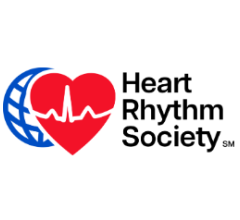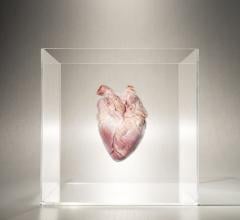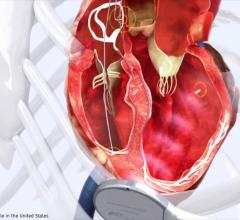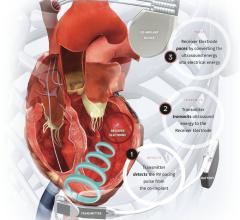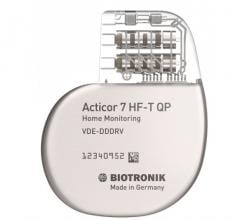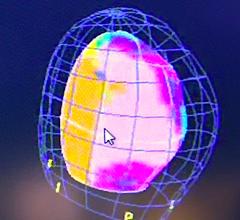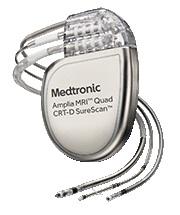
May 11, 2016 — Medtronic plc recently announced it received U.S. Food and Drug Administration (FDA) approval for the first and only magnetic resonance imaging (MRI)-conditional cardiac resynchronization therapy defibrillators (CRT-Ds) for the treatment of heart failure.
The Medtronic Amplia MRI Quad CRT-D SureScan and Compia MRI Quad CRT-D SureScan systems are approved for MRI scans on any part of the body without positioning restrictions. Now, patients in the United States who receive these devices, which help treat their heart failure and reduce their risk of sudden cardiac arrest, have access to MRI scans if and when they need them. Both CRT-D systems will be commercially available in the coming months.
"What's clear from the data and my own personal experience is that a large majority of CRT-D patients will likely need an MRI at some point. Now that CRT-D MRI devices are approved, patients can receive an MRI in a straightforward manner," said J. Rod Gimbel, M.D., Case Western Reserve University. "This is a significant development for heart failure patients with CRT-D therapy."
Until now, CRT-Ds have been contraindicated by the FDA to undergo MRI scans because of the potential interaction between the MRI and the device, resulting in risk to patients. However, as many as 40 percent of CRT patients will need an MRI within four years after receiving a device. As a result, thousands of heart failure patients implanted with CRT-Ds have not had access to MRI scans, which are used to diagnose conditions such as stroke, cancer, Alzheimer's disease, and muscle, bone and joint pain. Additionally, the Centers for Medicare and Medicaid Services (CMS) do not reimburse for MRI scans conducted on patients with non-MR-conditional implanted cardiac devices.
The Amplia MRI and Compia MRI CRT-Ds with quadripolar technology offer physicians multiple options to help treat heart failure by optimizing CRT delivery, which may improve patient outcomes.
The Amplia MRI device features the AdaptivCRT algorithm, which has been shown to reduce a patient's odds of a heart failure hospital readmission (within 30 days) by 59 percent (versus echo-optimized CRT). The AdaptivCRT feature also has been shown to improve CRT response rate by 12 percent, and to reduce AF risk by 46 percent compared to echo-optimized BiV pacing.
Both newly approved devices can be paired with the Attain Perfoma MRI SureScan Quadripolar Leads, of which the entire portfolio is approved for MRI scans: Dual Cant MRI SureScan Model 4298, Straight MRI SureScan Model 4398 and S MRI SureScan Model 4598. With 16 pacing configurations and shorter spacing between the two center electrodes, these quadripolar leads have been shown to reduce the incidence of phrenic nerve stimulation (PNS), a potential issue associated with CRT therapy that results in muscle twitching, hiccups or shortness of breath. Attain Performa leads also include steroids on all four electrodes for lower chronic pacing thresholds, which contribute to greater device longevity and reduce the likelihood of PNS. The systems also include VectorExpress technology, an automated in-office test that reduces lead programming to two minutes, and reveals clinically actionable information to help physicians select optimal pacing configurations for each patient.
For more information: www.medtronic.com


 July 21, 2025
July 21, 2025 
